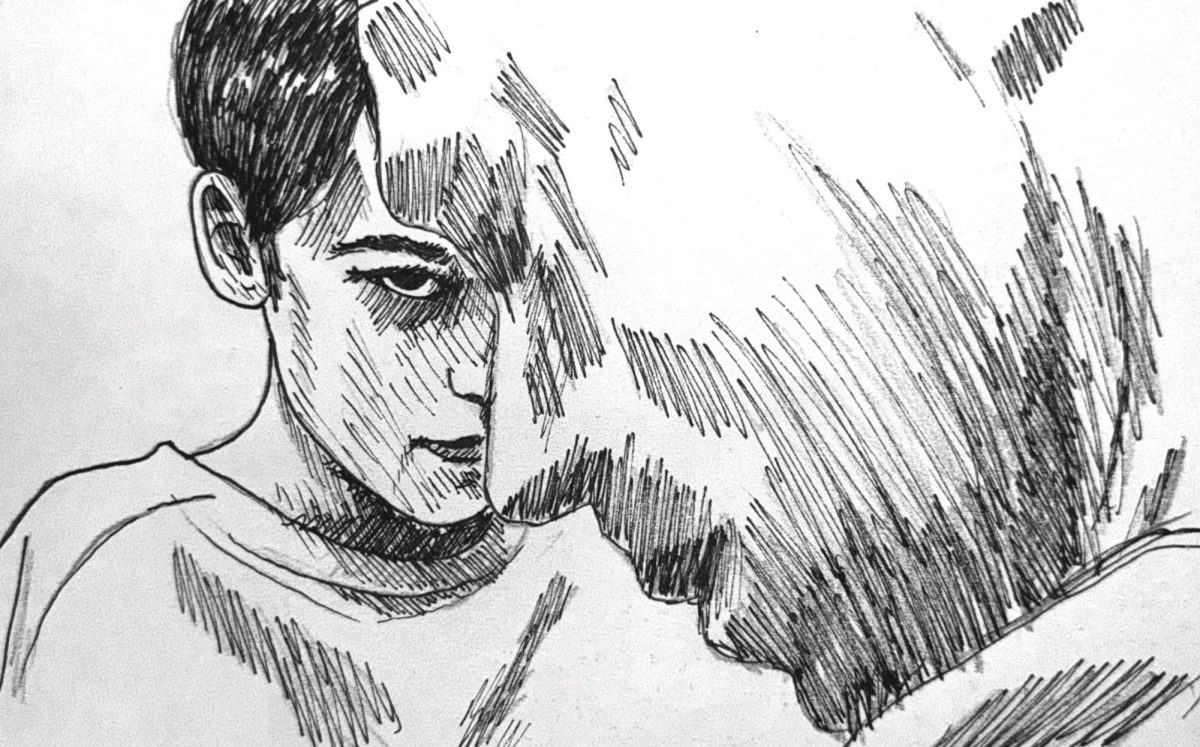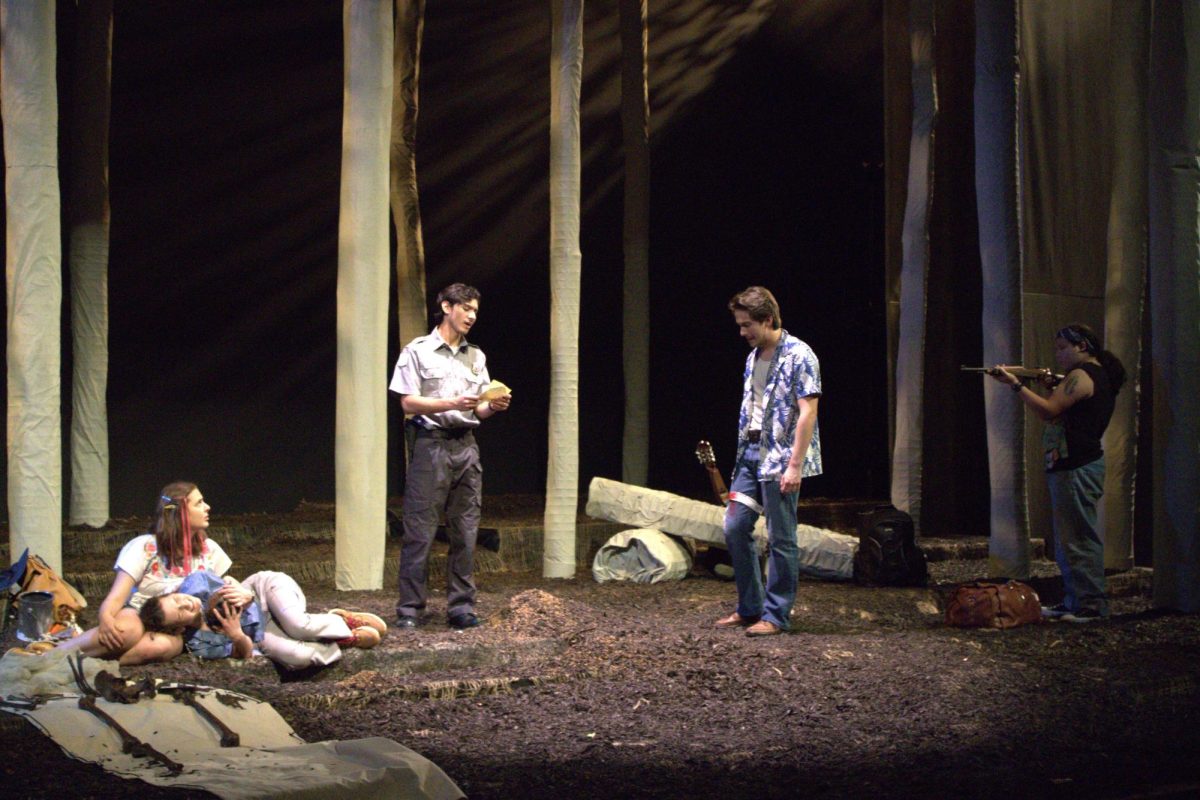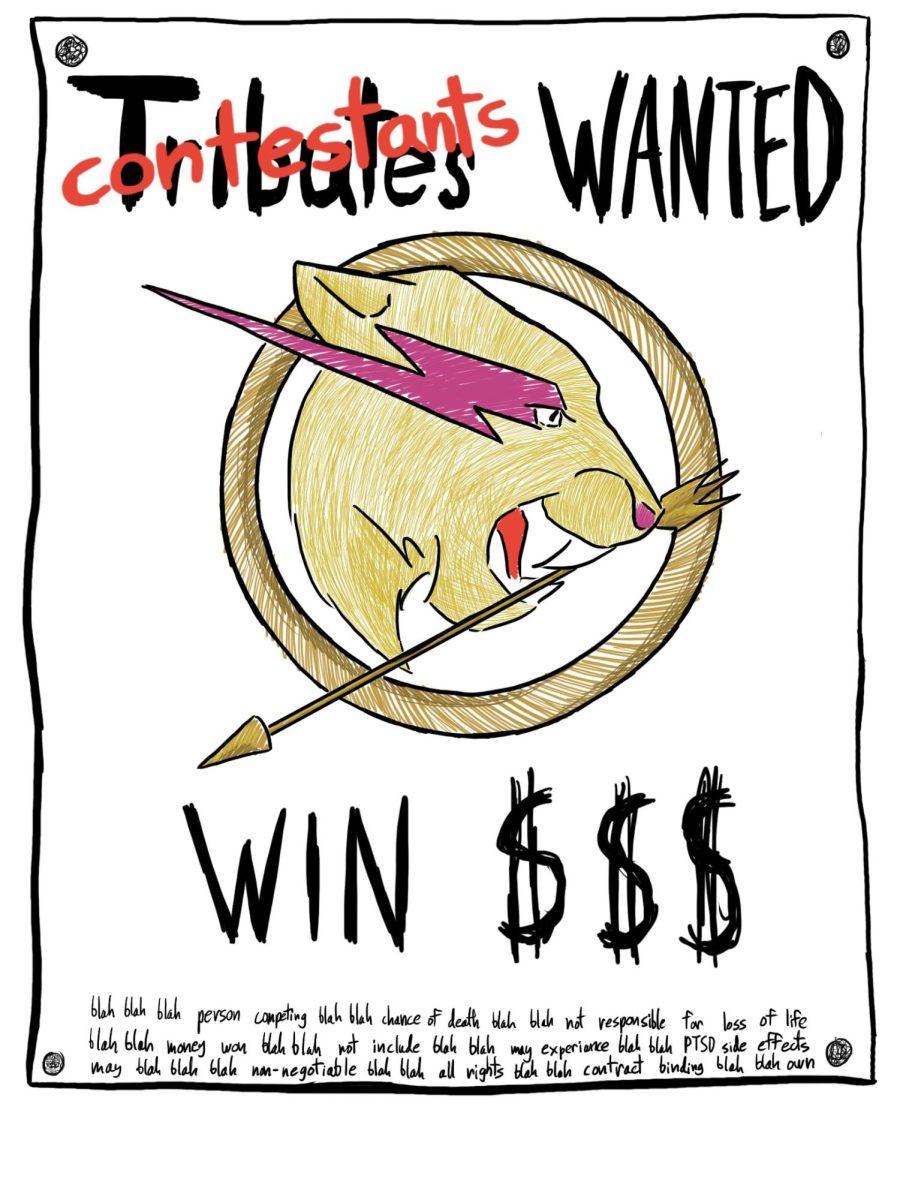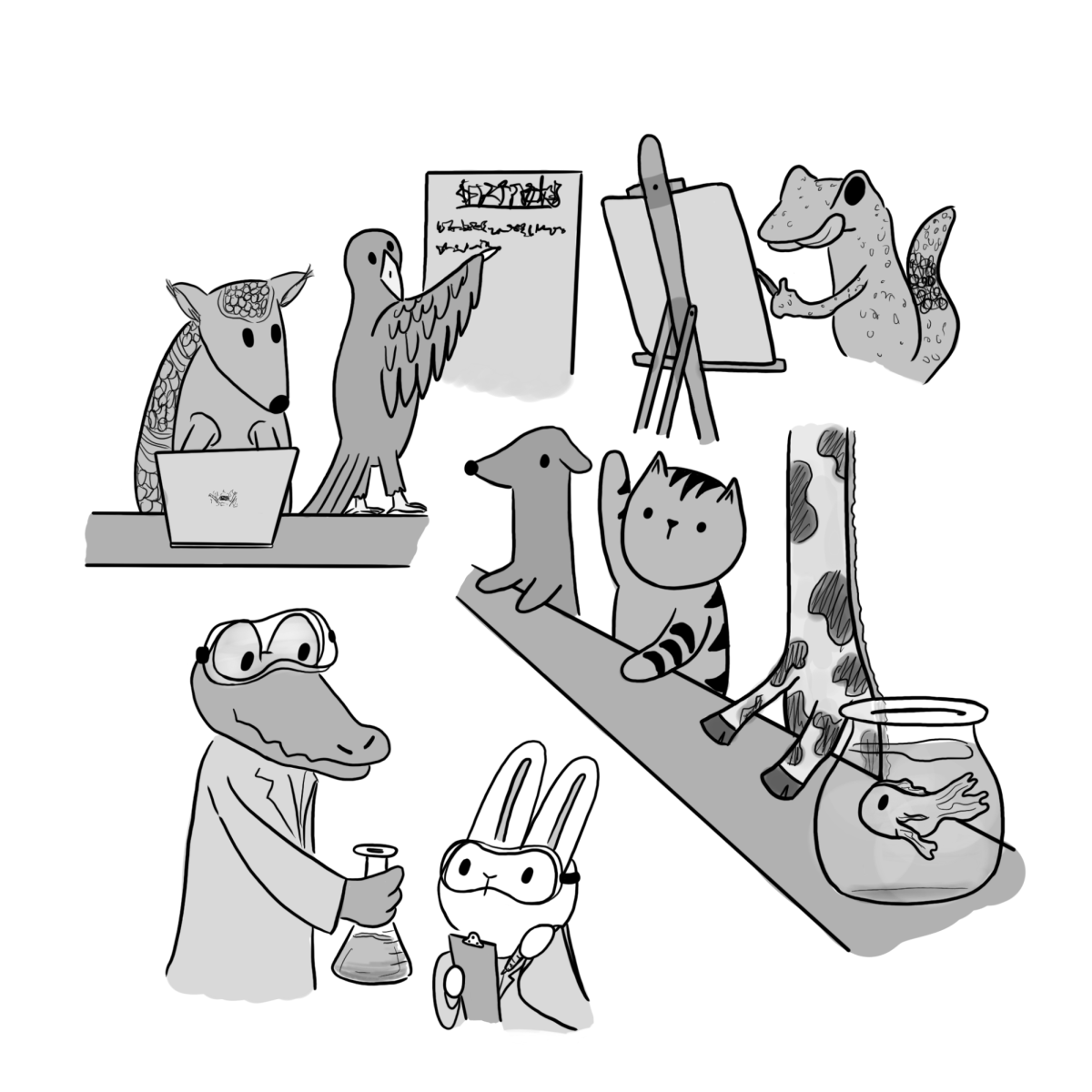With the rise in popularity of the online manosphere, it comes as a surprise to no one that a new show addressing it would be released. “Adolescence” is the latest Netflix limited series. It was created by Jack Thorne and Stephen Graham, starring Owen Cooper in his chilling debut performance alongside show creator Stephen Graham. While it might not be a show I loved (I don’t fancy crime dramas), it’s hard to deny how well-made it is. The show is a bold and emotionally charged drama that explores trauma, accountability and societal failure regarding the manosphere through a unique lens: a murder. While the subject matter can be tricky to sit through (it is admittedly a very depressing show), it’s one of the more compelling series I’ve seen recently.
The story is told in four episodes, each following a different perspective connected to Jamie Miller, a 13-year-old boy who’s arrested for murdering a classmate. The first episode centers on Jamie’s arrest and the immediate aftermath. The second follows two police officers as they investigate Jamie’s school and try to understand what happened and the motive. The third is a more intimate episode, focusing on a child psychologist evaluating Jamie, and the final episode shifts to his father, Eddie, as he tries to process the fallout of his son’s actions and his guilt surrounding it. Each episode feels distinct throughout the show, but together they create a more layered and haunting image of how a community responds to tragedy.
One of the show’s biggest strengths is how it unfolds. Instead of focusing on solving a mystery like many other crime shows, “Adolescence” slowly “peels back” the layers of the story to explore what led to Jamie’s actions and how the people around him were affected. It does exceptionally well highlighting the social and institutional failures that allowed Jamie’s actions to escalate the way they did. While the show does a phenomenal job at that, it unfortunately doesn’t go into the victim’s family or their grief, which feels like a missed opportunity. A more balanced perspective could have added more nuance to the emotional weight of the story.
Visually, the show is stunning. Every episode is filmed in one continuous take, which is technically impressive considering each episode is over 50 minutes long and includes location changes. The use of continuous takes for each episode only benefits the show; the takes add a sense of urgency and realism, with the audience witnessing is happening in real-time. In addition, the camera is constantly moving, although it often lingers in quiet and tense moments, which, to some degree, feels like we are seeing something we shouldn’t. The show’s cinematography is technically impressive and emotionally compelling, which isn’t something I think I can say often. It’s important to note, too, that the long takes never feel like a gimmick; they add to the show’s immersive, real-time atmosphere.
Across the board, the acting is phenomenal. Owen Cooper’s performance as Jamie is genuinely impressive, especially for a first-time actor. He easily switches between fragility, anger and a cold, unsettling detachment. Throughout the show, you never quite know what he’s thinking and how he will react, making the performance all the more compelling. Stephen Graham, who plays Jamie’s father Eddie, is another standout, bringing a deep sadness and regret to the role. His guilt and confusion are intense, and his quiet moments often end up saying more than any conversation or even a monologue could. Erin Doherty is another standout as Briony Ariston, the child psychologist tasked with evaluating Jamie. Her performance is captivating in its restraint. The scenes she shares with Cooper are some of the series’ most emotionally charged and haunting. Her subtle expressions, careful pauses and a quiet intensity create a striking contrast with Jamie’s anger. This contrast makes the scenes all the more unnerving for her character.
Beyond the performances and direction, the series captures something fundamental about modern “adolescence.” The show doesn’t rely on flashy twist endings or easy answers about why. Instead, it forces you to sit with discomfort, asking hard questions about responsibility, empathy and how different institutions, from schools to families, are often ill-equipped to help.
“Adolescence” is ultimately a powerful and devastating series. It is not an easy watch, nor is it meant to be. It is a technically impressive and emotionally complex drama, especially for those interested in character-driven storytelling and bold cinematic choices. While it may not be a show I’d revisit, it’s one I definitely won’t forget anytime soon.








